Prince Harry: My life was in total chaos for years after death of Princess Diana
Royal's brutally honest interview paints tragic picture of a prince on brink of a nervous breakdown.
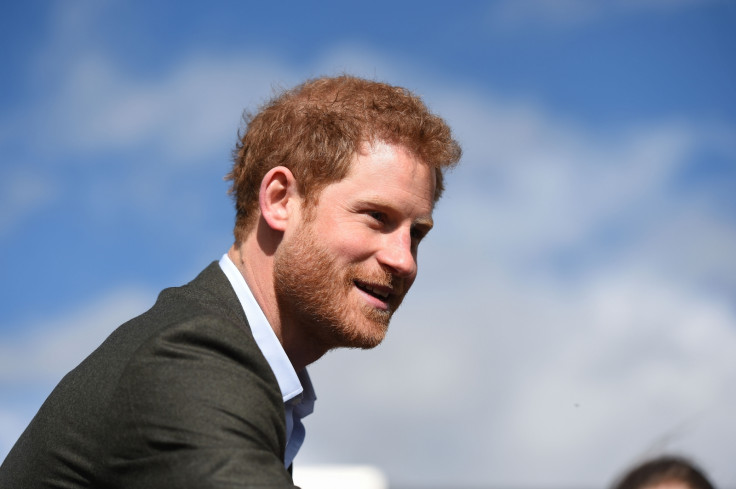
Prince Harry has opened up about his struggle to cope with the loss of his mother Princess Diana in an unprecedented interview.
In a searingly candid interview with the Telegraph, the 32-year-old royal admits that his life fell into "total chaos" in his twenties, as he found himself on the brink of a "complete breakdown"
He revealed that following the death of Princess Diana in 1997 when he was just 12 years old, he "shut down all his emotions" for two decades and refused to remember his mother in a bid to stifle his emotions.
He said that by the time he was 28, and following encouragement from his brother Prince William, he felt compelled to seek professional support after he found himself suffering overwhelming anxiety during royal engagements and was "on the verge of punching someone".
The prince revealed that he took up boxing as an outlet for his grief. After undergoing a period of counselling he was now in "a good place", he said.
Harry has been an ardent campaigner for mental health awareness spearheading the Heads Together campaign along with Prince William and Kate Middleton.
It was his commitment to getting people talking about their own experiences of grief and depression in a bid to remove the stigma surrounding mental health awareness that prompted the young royal to participate in the Mad World podcast with Bryony Gordon in which high-profile guests open up about their mental health experiences.
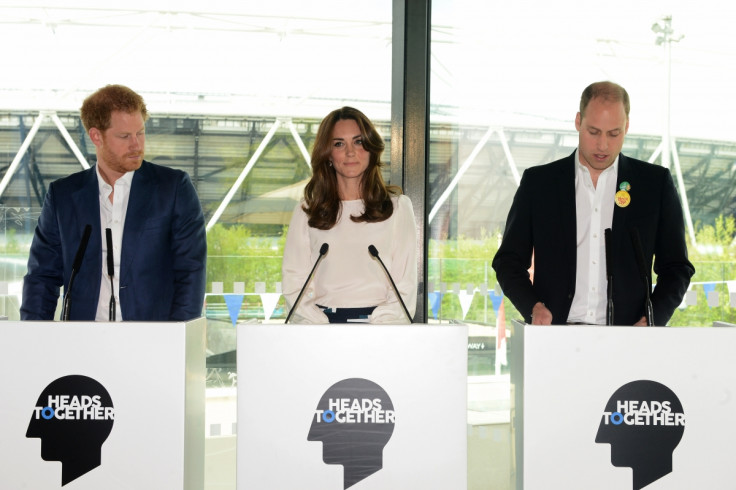
In the podcast, Harry explains how he buried his emotions as a coping mechanism.
"I can safely say that losing my mum at the age of 12, and therefore shutting down all of my emotions for the last 20 years, has had a quite serious effect on not only my personal life but my work as well," he said.
"I have probably been very close to a complete breakdown on numerous occasions when all sorts of grief and lies and misconceptions and everything are coming to you from every angle.
"My way of dealing with it was sticking my head in the sand, refusing to ever think about my mum, because why would that help?
"[I thought] it's only going to make you sad, it's not going to bring her back. So from an emotional side, I was like 'right, don't ever let your emotions be part of anything'.
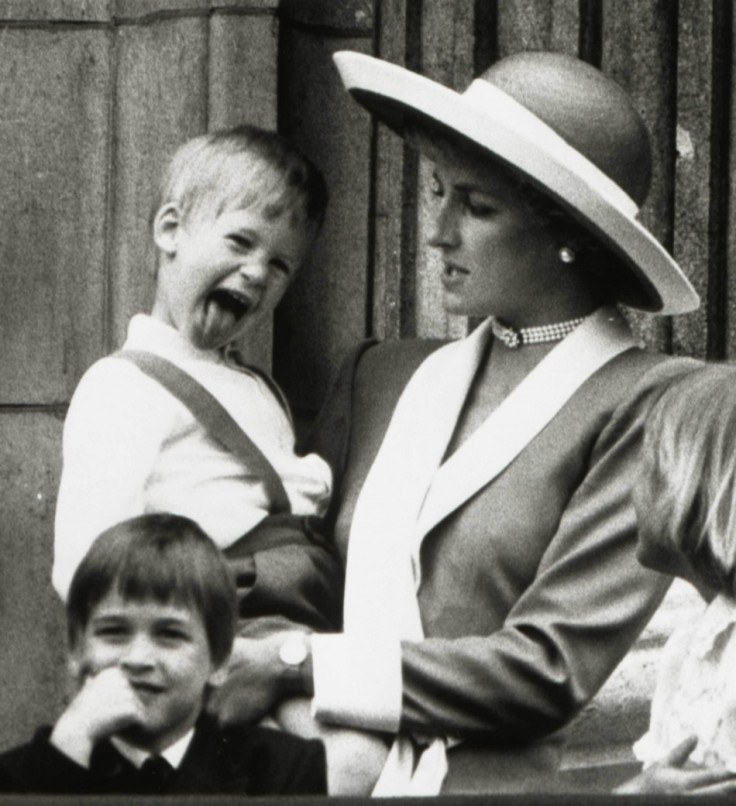
"So I was a typical 20, 25, 28-year-old running around going 'life is great', or 'life is fine' and that was exactly it.
"I just couldn't put my finger on it," he said. "I just didn't know what was wrong with me.
"And then [I] started to have a few conversations and actually all of a sudden, all of this grief that I have never processed started to come to the forefront and I was like, there is actually a lot of stuff here that I need to deal with."
He revealed that it was William who urged him to seek professional help.
"It's all about timing," Harry explained. "And for me my brother was a huge support. He kept saying this is not right, this is not normal, you need to talk to [someone] about stuff, it's OK."
After speaking to counsellors "more than a couple of times" Harry turned to boxing to release his buried emotions.
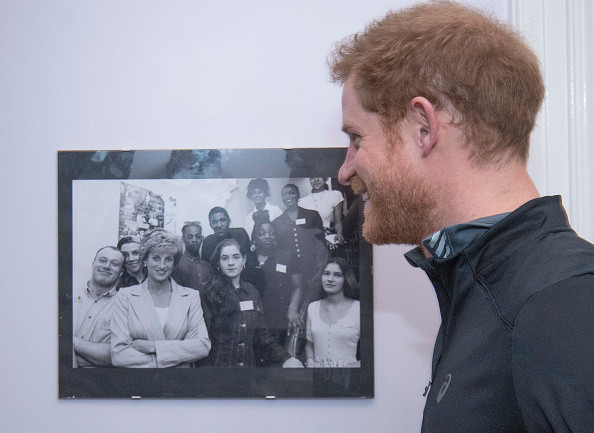
"During those years I took up boxing, because everyone was saying boxing is good for you and it's a really good way of letting out aggression," he said. "And that really saved me because I was on the verge of punching someone, so being able to punch someone who had pads was certainly easier."
The prince revealed that after talking about his emotions he was able to empathise with others who had been similarly afflicted with emotional and mental health issues. He vowed that he would put "blood, sweat and tears" into making a difference for others.
"The experience I have had is that once you start talking about it, you realise that actually you're part of quite a big club," he said.
The royal who served in Afghanistan said that his personal issues did not stem from his experiences in the conflict zone but were the result of having to cope with the death of his mother in the glare of the media and on a public platform.
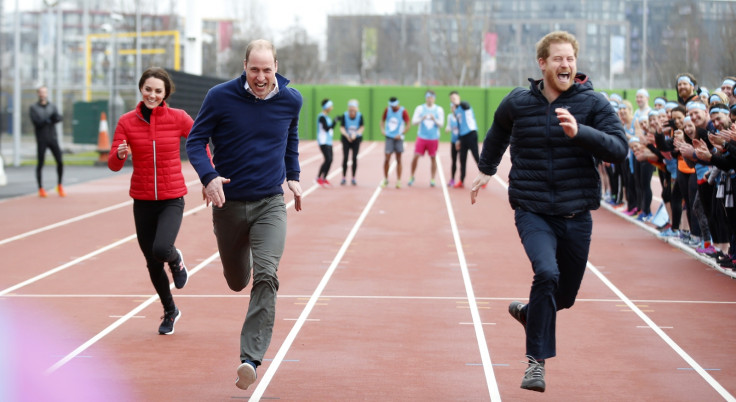
The prince, who in 2014 launched the Invictus Games to help the recovery of servicemen and women injured in conflict, said that hearing them talk about their own struggles to cope with disability and the debilitating mental health issues that often followed had changed how he viewed talking therapies.
"I know there is huge merit in talking about your issues and the only thing about keeping it quiet is that it's only ever going to make it worse," he said.
"Not just for you but everybody else around you as well because you become a problem. I, through a lot of my 20s, was a problem and I didn't know how to deal with it.
"The timing wasn't right. You need to feel it in yourself, you need to find the right person to talk to as well."
But he added: "I can't encourage people enough to just have that conversation because you will be surprised firstly, how much support you get and secondly, how many people literally are longing for you to come out."
The unprecedented personal disclosure comes in the 20th anniversary year of Diana's death. She and her boyfriend Dodi Fayed were killed in a car crash in Paris on 31 August 1997. Her death led to an international outpouring of grief with more than two billion people watching the funeral.
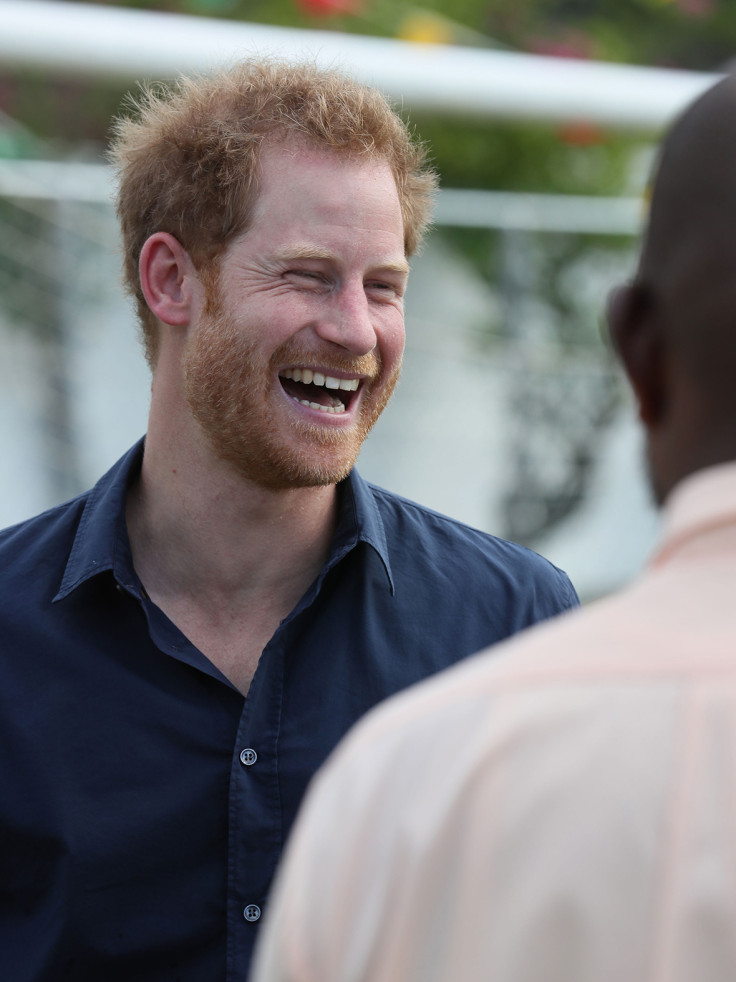
This year Harry and William announced they have commissioned a statue of their mother to be placed outside Kensington Palace and will be presenting awards in her name to honour "kindness, compassion and service".
The prince added that while he was nervous about the interview he realised that in sharing his own experiences he would encourage others to speak up.
"What we are trying to do is normalise the conversation to the point where anyone can sit down and have a coffee and just go 'you know what, I've had a really s--- day, can I just tell about it?' Because then you walk away and it's done.
"Because of the process I have been through over the past two and a half years, I've now been able to take my work seriously, been able to take my private life seriously as well, and been able to put blood, sweat and tears into the things that really make a difference and things that I think will make a difference to everybody else."
© Copyright IBTimes 2025. All rights reserved.






















